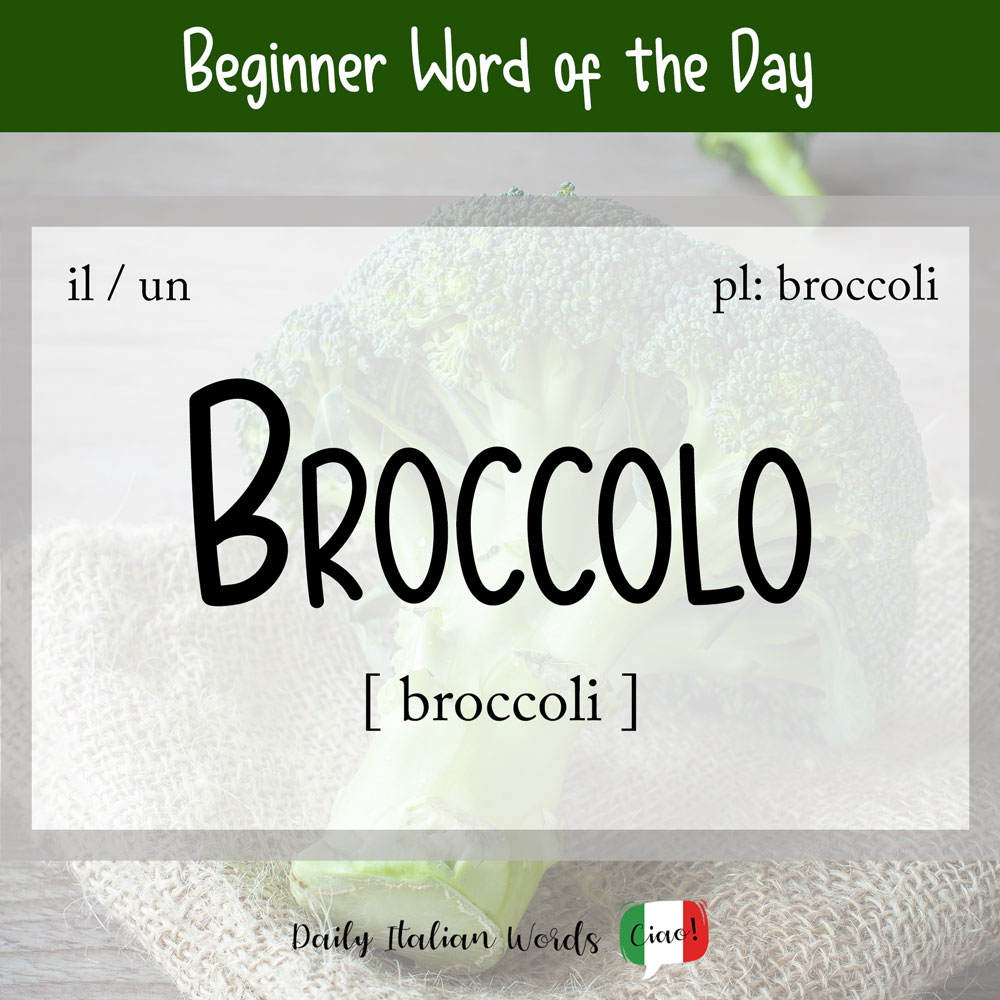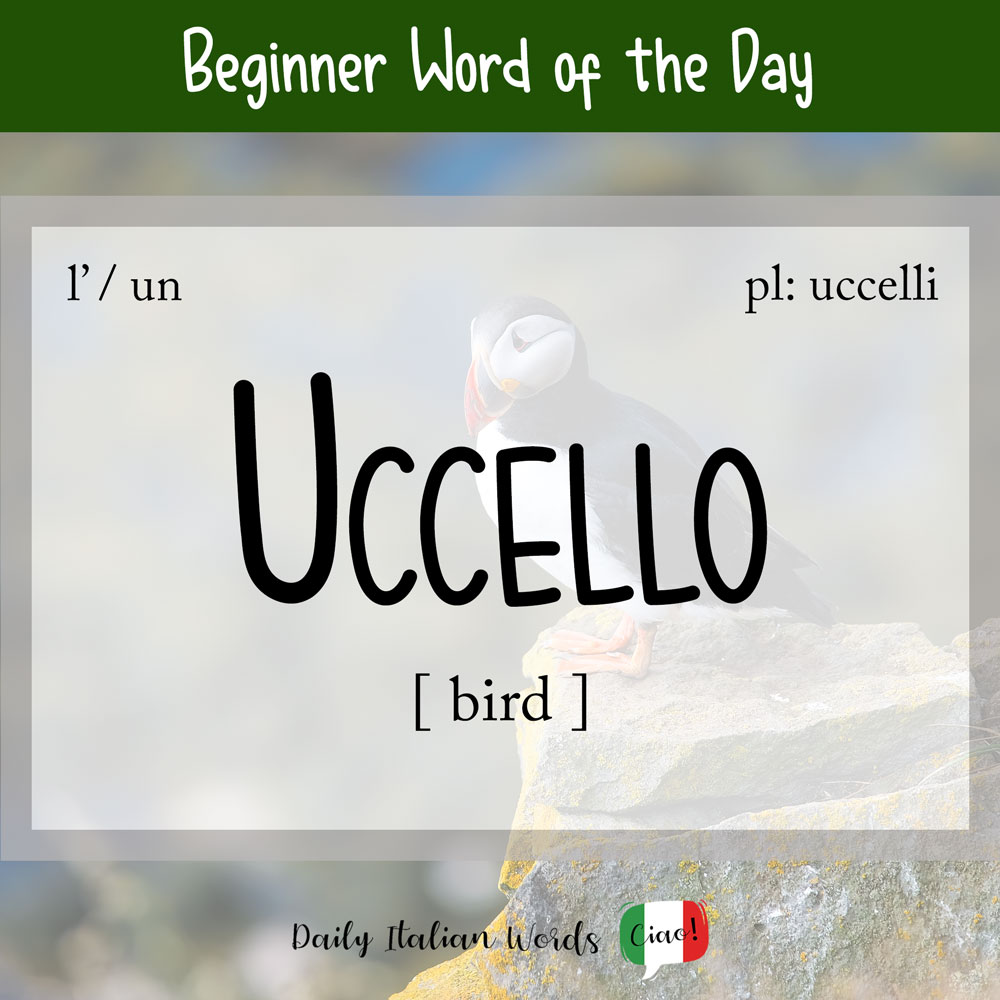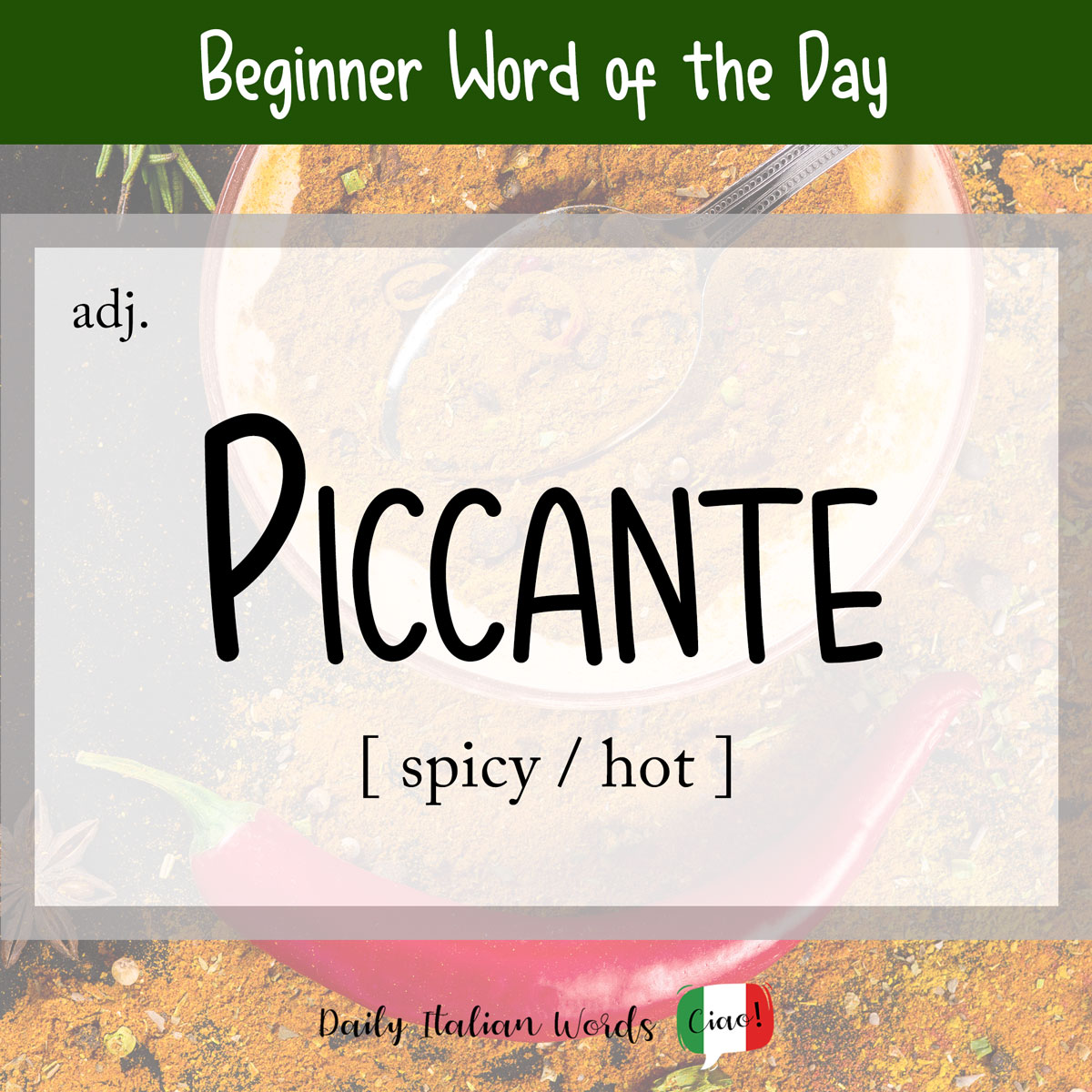Italian Word of the Day: Bicicletta (bicycle)
The word for bicycle in Italian is bicicletta (feminine, plural: biciclette). Both the English and Italian terms were borrowed from the original French word for bicycle which was, you guessed it, bicycle. (These days the French prefer the words bicyclette and vélo.) Just as the English word bicycle is normally abbreviated to bike, so too …






